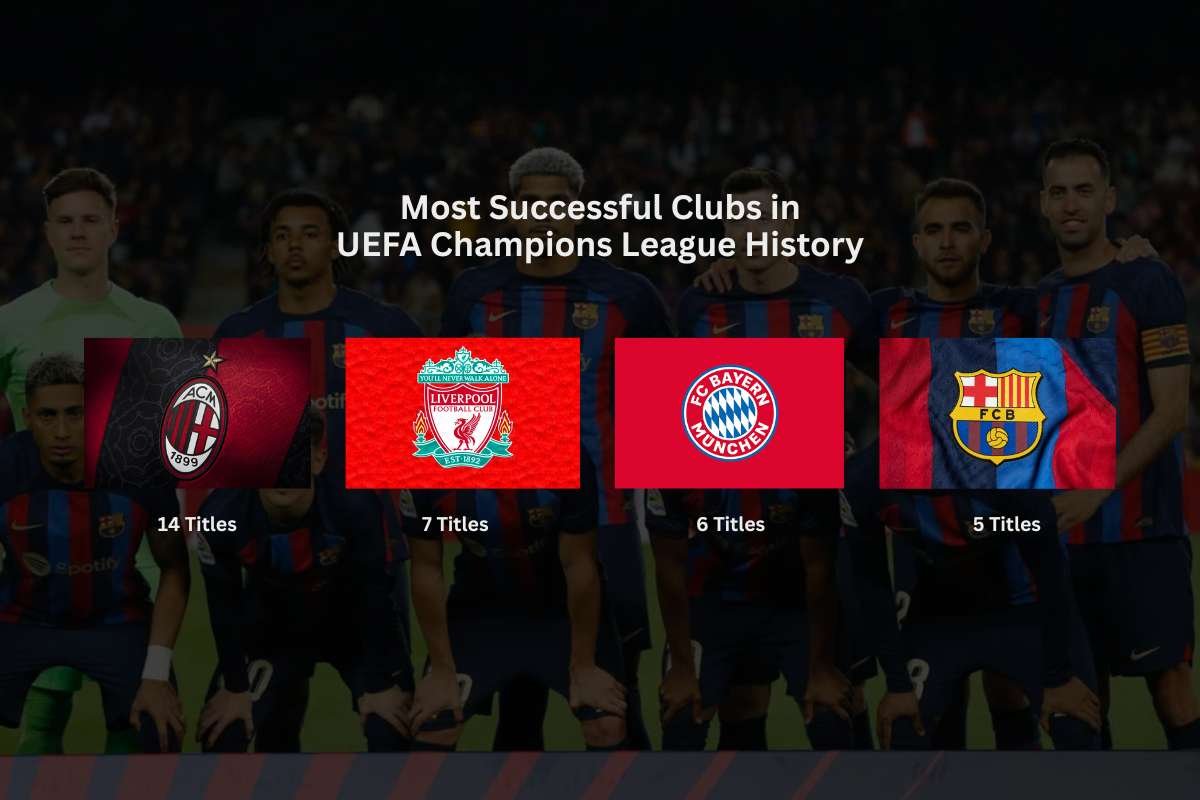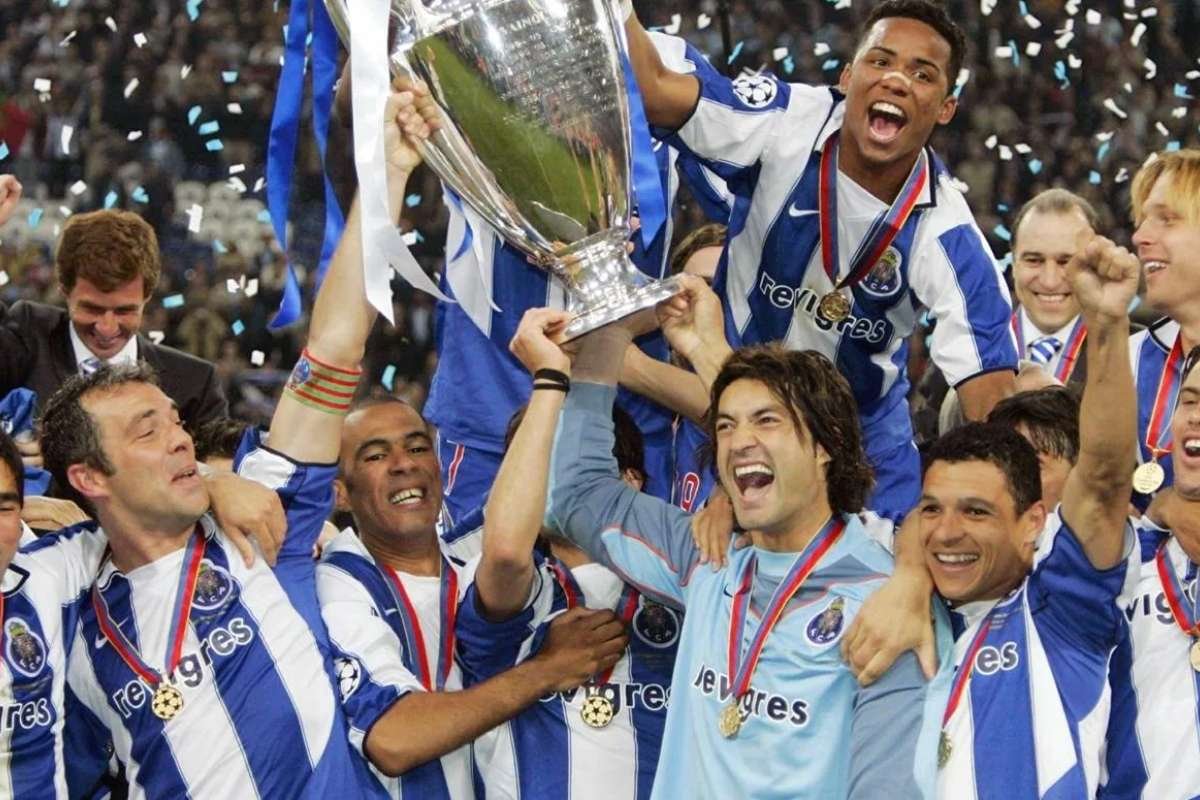The UEFA Champions League is the peak of club football in Europe. This tournament unites the continent’s elite teams in a battle for supremacy. Since its inception in 1955 as the European Champion Clubs’ Cup and its rebranding in 1992, the transformation and competition have seen a growth in prestige, drama, and global viewership. The Champions League is not just about winning the trophy but winning the ultimate validation of footballing excellence. This article delves into the rich legacy of UEFA Champions League winners, spotlighting iconic triumphs, historic clubs, and unforgettable moments that have shaped the tournament’s legacy.
The Evolution of the UEFA Champions League
Initially launched to determine the best team in Europe, the Champions League began with just 16 teams in a knockout format. Real Madrid dominated the early years, winning the first five titles between 1956 and 1960, establishing themselves as a powerhouse. Over time, the competition expanded, allowing more teams from top leagues and introducing a group stage in the 1990s. This change brought more drama, more matches, and greater commercial appeal.
With each season, new stories unfold, and new names are etched into the record books. From the legendary nights at Anfield to dramatic finales in Istanbul and Madrid, the journey to becoming UEFA Champions League winners is never short of spectacle.
Most Successful Clubs in UEFA Champions League History
Certain clubs have etched their names into the annals of European football through consistent performances and multiple title wins. Below is a look at some of the most successful teams in Champions League history:

1. Real Madrid (14 Titles)
Real Madrid’s record is unparalleled. With 14 titles to their name, including an incredible five consecutive wins from 1956 to 1960, they are the undisputed kings of Europe. Their recent dominance, with four titles between 2014 and 2018, cements their place atop the UEFA Champions League winners list. The club’s DNA is deeply intertwined with European success, often producing its best performances on the biggest nights.
2. AC Milan (7 Titles)
The Italian giants have long been a force in European football. Their most recent triumph came in 2007, avenging a painful 2005 loss to Liverpool. With legends like Paolo Maldini, Andriy Shevchenko, and Kaka, AC Milan’s Champions League story is filled with star power and tactical brilliance.
3. Liverpool FC (6 Titles)
Liverpool’s six European crowns showcase their enduring presence on the continental stage. From their dominant teams of the late ’70s and early ’80s to the miraculous comeback in the 2005 final against AC Milan, the Reds are synonymous with Champions League drama. Their sixth title in 2019 reaffirmed their status as one of England’s most successful clubs in Europe.
4. FC Bayern Munich (6 Titles)
The German juggernauts have been UEFA Champions League winners on six occasions, showcasing consistent excellence across generations. Their 2020 win, during the COVID-19 pandemic, displayed tactical superiority and a perfect record throughout the competition—a feat rarely achieved.
5. FC Barcelona (5 Titles)
With Lionel Messi at the helm, FC Barcelona enjoyed a golden era in the 2000s and 2010s. Their most iconic Champions League campaigns include the 2009 and 2011 wins under Pep Guardiola, where they redefined modern football with their “tiki-taka” style.
Memorable Finals That Defined Eras
The Champions League has gifted football fans some of the most thrilling finals in sporting history. Each final adds another chapter to the legacy of UEFA Champions League winners, often remembered not just for the result but for the sheer drama and quality.

1. 1999: Manchester United vs. Bayern Munich
In what is arguably the most dramatic finish in Champions League history, Manchester United scored two injury-time goals to snatch victory from Bayern Munich. The 2-1 win completed a historic treble for United under Sir Alex Ferguson and remains one of the most iconic moments in the competition.
2. 2005: Liverpool vs. AC Milan
Dubbed the “Miracle of Istanbul,” Liverpool came back from 3-0 down at halftime to level the game 3-3 and eventually win on penalties. This final is often cited as the most unbelievable comeback in the history of UEFA Champions League winners.
3. 2012: Chelsea vs. Bayern Munich
Chelsea’s first-ever Champions League title came after a gritty performance against Bayern Munich in their backyard. Didier Drogba’s header and the decisive penalty kick ensured that the Blues would finally join the elite group of UEFA Champions League winners.
Impact on Clubs and Players
Winning the Champions League often transforms clubs and elevates players to legendary status. Financially, the rewards are substantial, with millions in prize money, increased sponsorships, and global recognition. More importantly, it adds weight to a player’s or manager’s legacy. Zinedine Zidane, who led Real Madrid to three consecutive titles as a coach, and players like Cristiano Ronaldo, who holds the record for most goals in the competition, are prime examples of individuals whose careers were shaped by Champions League success.
For clubs, being part of the elite group of UEFA Champions League winners also means a long-term boost in global fan engagement, merchandising, and recruitment power. It often becomes a cycle—success attracts talent, and talent brings more success.
Underdog Stories and Surprise Winners
While many winners are traditional giants, the Champions League has also seen underdog stories that captivated the football world.

1. Porto (2004)
Under a young José Mourinho, FC Porto stunned Europe by winning the Champions League in 2004. Their disciplined and fearless style dismantled bigger clubs, culminating in a dominant 3-0 win over AS Monaco in the final.
2. Ajax (1995)
Ajax’s 1995 win was a triumph of youth and philosophy. With a squad featuring the likes of Patrick Kluivert, Clarence Seedorf, and Edwin van der Sar, the Dutch side’s success highlighted the importance of youth development and tactical identity.
The Future of UEFA Champions League Winners
With evolving tactics, young emerging talent, and increasing competition from financially robust clubs, the Champions League continues to evolve. Teams like Manchester City, who finally won their maiden title in 2023, are reshaping the hierarchy of European football. Meanwhile, traditional giants remain hungry to add to their trophy cabinets.
The new format proposed for the 2024/25 season, which includes more teams and matches, is designed to enhance competition and revenue, but it also raises questions about fixture congestion and player welfare. Nonetheless, the quest to join the elite circle of UEFA Champions League winners ensures that clubs will continue to prioritize the tournament above all others.
Also Read:
- Popular Free VR Games: The Ultimate Guide for Virtual Reality Enthusiasts
- The Best Football Games for PC: A Thrilling Dive into Virtual Pitch Battles
Conclusion
The UEFA Champions League is not just a tournament but a celebration of the very best that football has to offer. From tactical masterclasses to individual brilliance and nail-biting drama, the competition encapsulates the magic of the sport. For the clubs who lift the trophy, it marks the highest point in their footballing journey, a moment that etches them forever into the annals of history. Whether it’s the legendary runs of Real Madrid, the fairytale finishes of underdogs, or the rise of modern giants, the legacy of UEFA Champions League winners proves to be inspirational for their fans as well as future potential players.


-600x600.jpg)




-1024x683.jpg)


